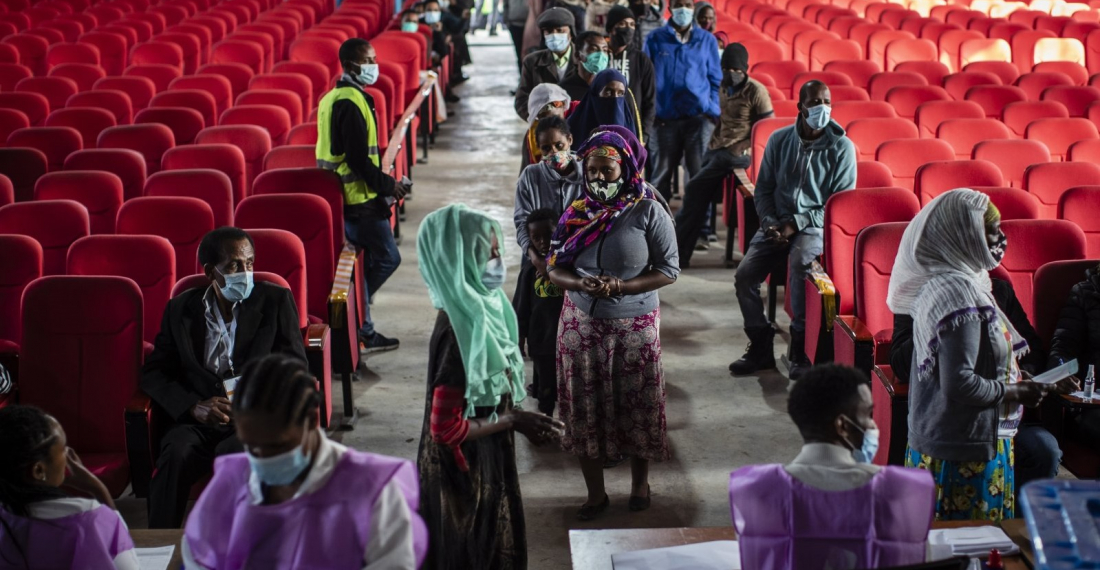Ethiopian voters headed to polls on Monday (21 June) to participate in the country’s first multi-party elections in 16 years, which many see as the first test in democratic governance for the incumbent prime minister, Abiy Ahmed. Elections in several constituencies, many of them in the Amhara and Oromia regions, are postponed until 6 September due to electoral irregularities. The dates for elections in the Tigray region are not scheduled yet.
As many as 9,175 candidates are running for the elections, listed under 47 parties, while 125 individuals are running as independents. There are 547 seats in the Ethiopian legislature.
Abiy said he expected peaceful, free and fair elections. Some analysts, in Ethiopia’s and in the region’s disagreed.
A station was visited in Addis Ababa by CNN and the team observed a calm atmosphere and some voters said they hoped the country moves in a more democratic direction.
Other observers noted long lines at various stations with violations also being observed in various locations across the country.
The European Union has not sent an observation mission citing the Ethiopian government’s unco-operative stance towards fulfilling the security and independence requirements of the observer mission.
EU's special envoy to Ethiopia, the Finnish foreign minister, Pekka Haavisto, said on Monday he hoped the election would help facilitate dialogue on the "poor human rights" situation in Tigray.
Whilst international concern is presently focused on the vote, the poor human rights record, treatment of journalists, and the Tigray crisis are key criticisms of Abiy’s government. A new government is unlikely to be formed until elections are held in all regions.






